
Book about water activists in El Salvador wins Méndez Book Award for Human Rights in Latin America
The Water Defenders tells the story of ordinary people coming together across national and political boundaries to resist powerful corporate interests.
The Water Defenders: How ordinary people saved a country from corporate greed (published by Beacon Press in 2021), by Robin Broad and John Cavanagh, has been named the winner of the 2021 Juan E. Méndez Prize for Human Rights in Latin America, awarded each year by the Center for Human Rights at Duke University in North Carolina.
Based on over a decade of research and their own role as international allies of the community groups in El Salvador, Robin Broad and John Cavanagh unravel this untold story, replete with corporate greed, a transnational lawsuit at a secretive World Bank tribunal in Washington, DC, violent threats, murders, and a most surprising victory.
The authors, who are both husband and wife, immerse the reader in the lives of Salvadoran villagers, the journeys of local activists seeking the truth about the effects of gold mining on the environment, and the behind-the-scenes maneuvering of mining company executives and their lawyers in the early 2000s.
As the writers pointed out to Duke Today, while this story is about El Salvador, as importantly, it is “also about how global corporations — be they Big Gold or Big Pharma or Big Tobacco or Big Oil or Big Banks — move into poorer communities in countries all over the world.”
Broad and Cavanagh highlight how international global capital, particularly the mining sector, affect climate change and human rights in their drive to extract profits at the expense of local communities.
RELATED CONTENT
“This is an inspiring story about how people with limited resources were able to organize and protect their community. It’s well told, and highly relevant to current events, including protest movements over mining and environmental harm throughout the region,” Maria McFarland Sanchez-Moreno, senior legal counsel at Human Rights Watch and former Méndez award winner, told Duke Today.
The authors said they were "deeply honored by this award which we accept in the names of the hundreds of environmental defenders who are murdered each year around the world for fighting for the most basic of human rights."
"So too are we honored by the fact that the award is named for the venerable human right champion, Juan Méndez. May the victories of the Salvadoran water defenders inspire us all to rethink the possible,” they said.
The Méndez Human Rights Book Prize, first awarded in 2008, honors the best current nonfiction book published in English on human rights, democracy and social justice in contemporary Latin America. The books are evaluated by a jury of experts from the worlds of academia, journalism and human rights.
Broad and Cavanagh will accept the award and talk about their work at a virtual event at 5 p.m. on Tuesday, Feb. 22. To register, visit the Duke Human Rights Center web page.


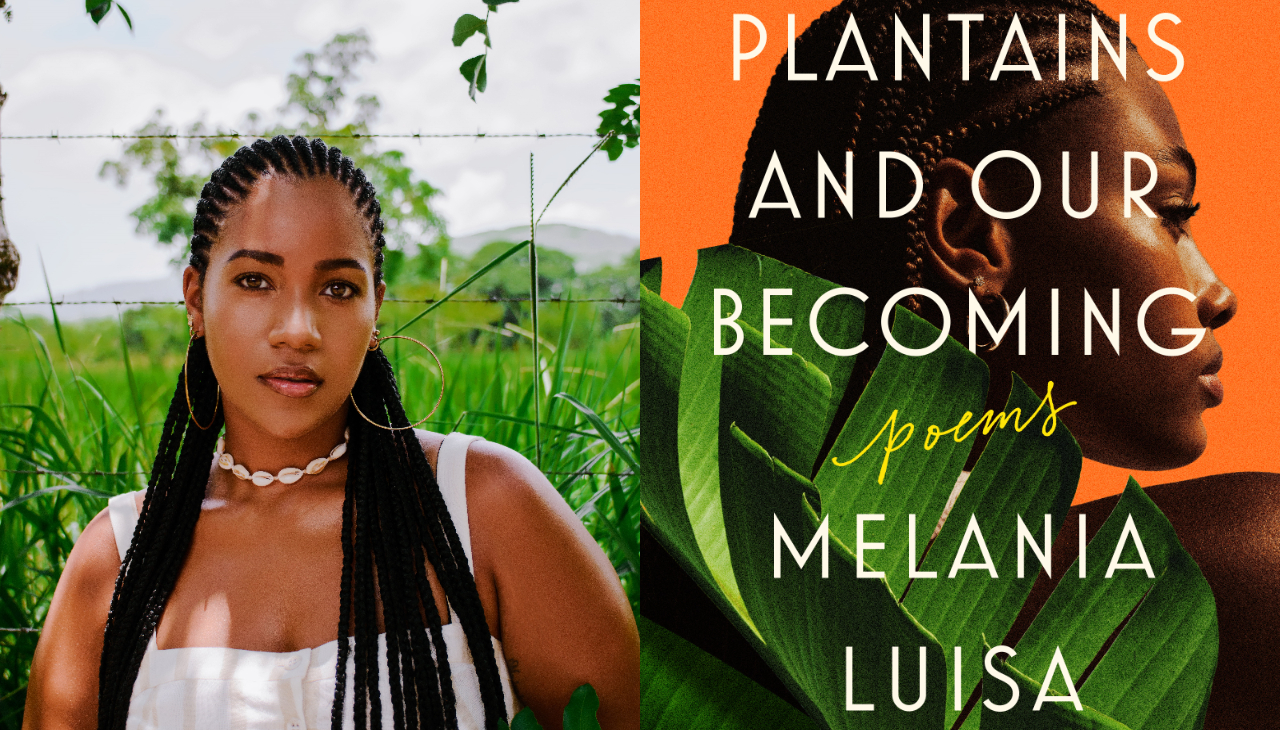
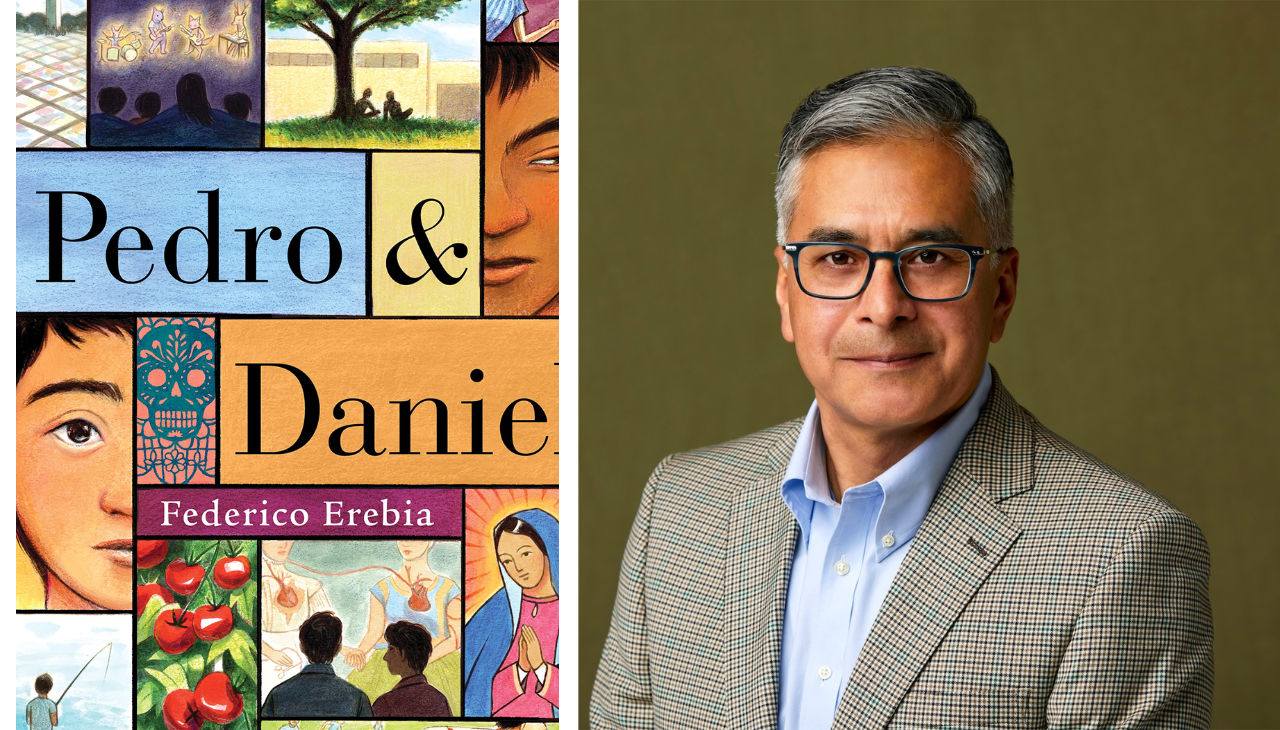
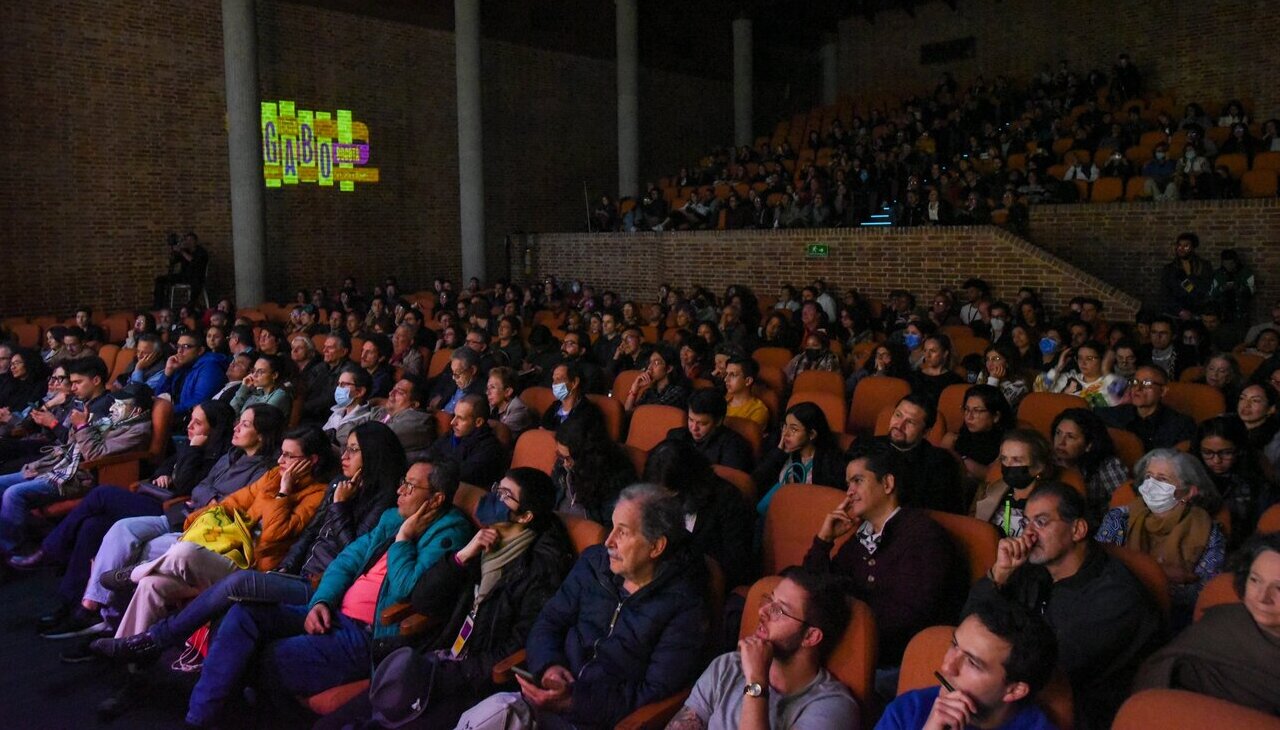
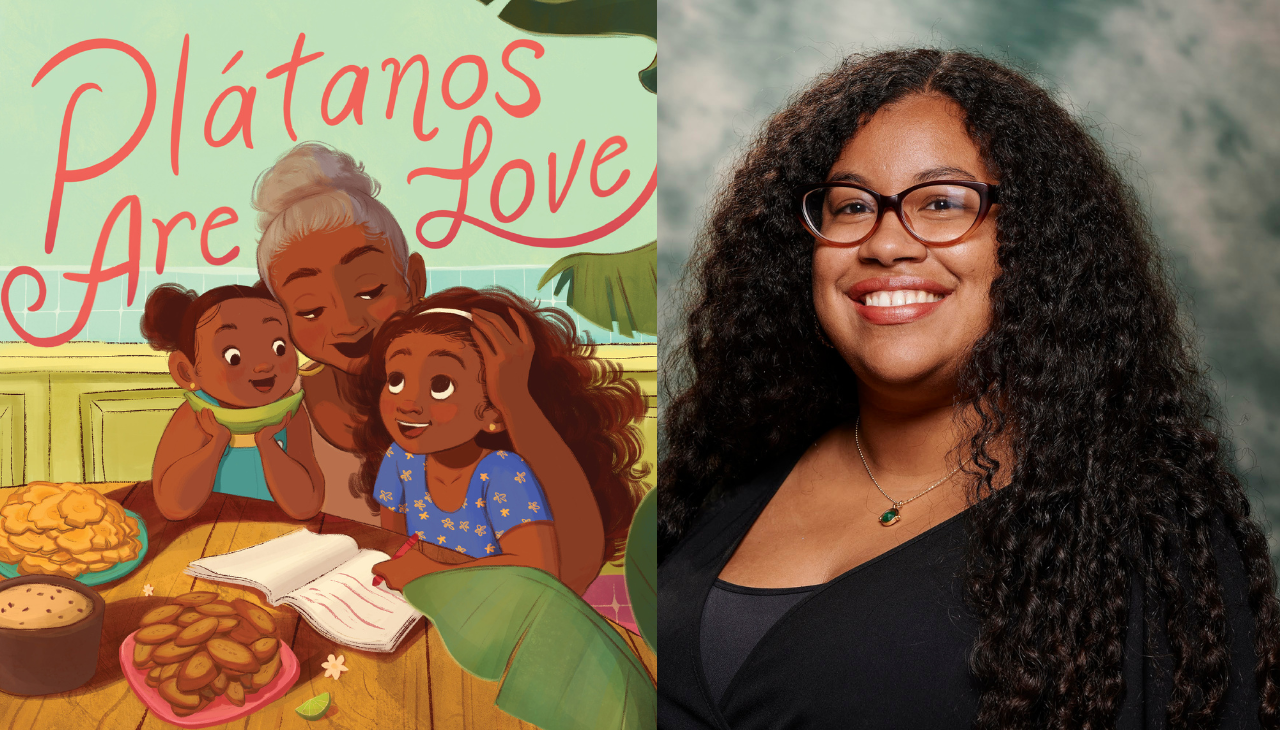
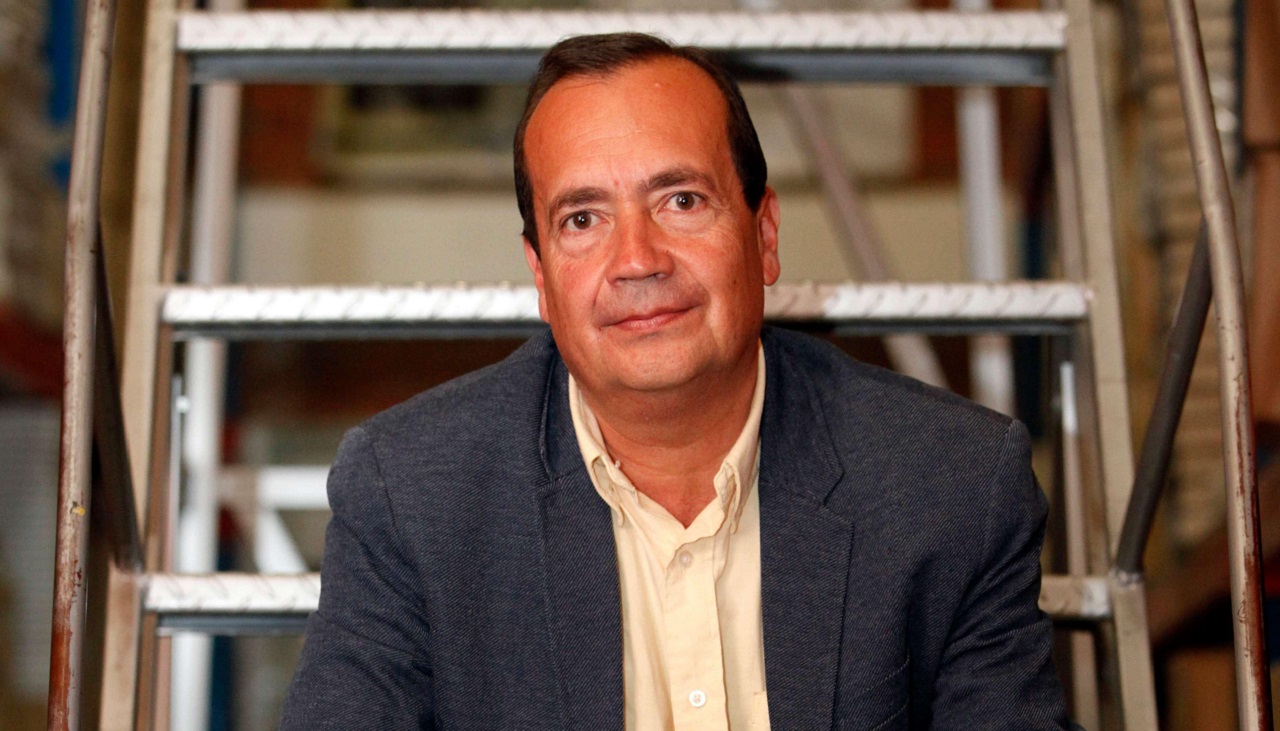
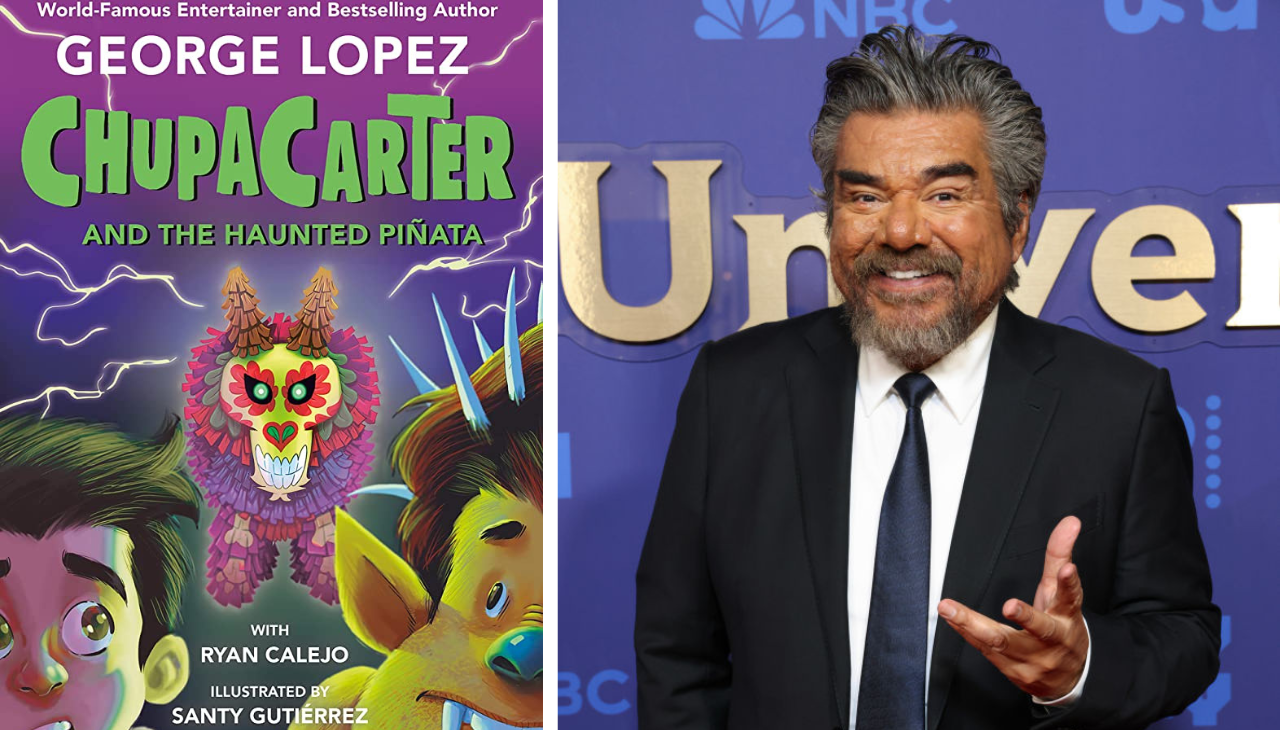
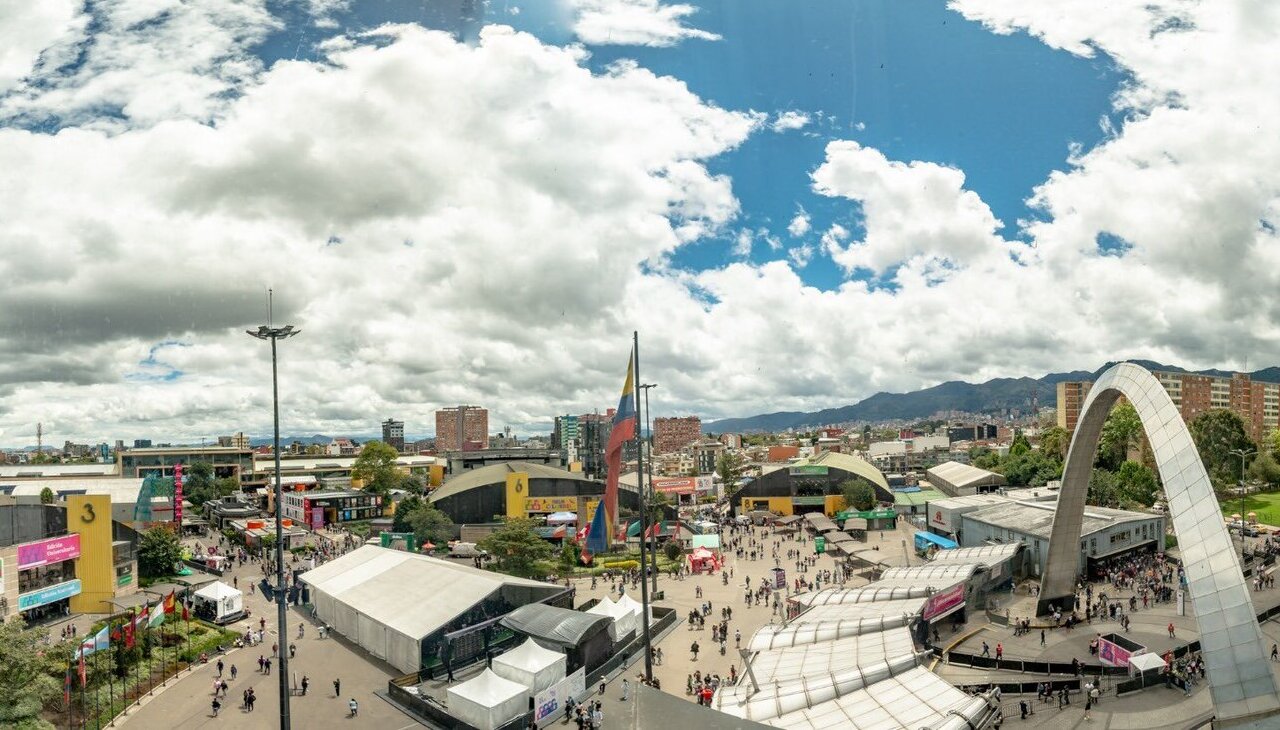
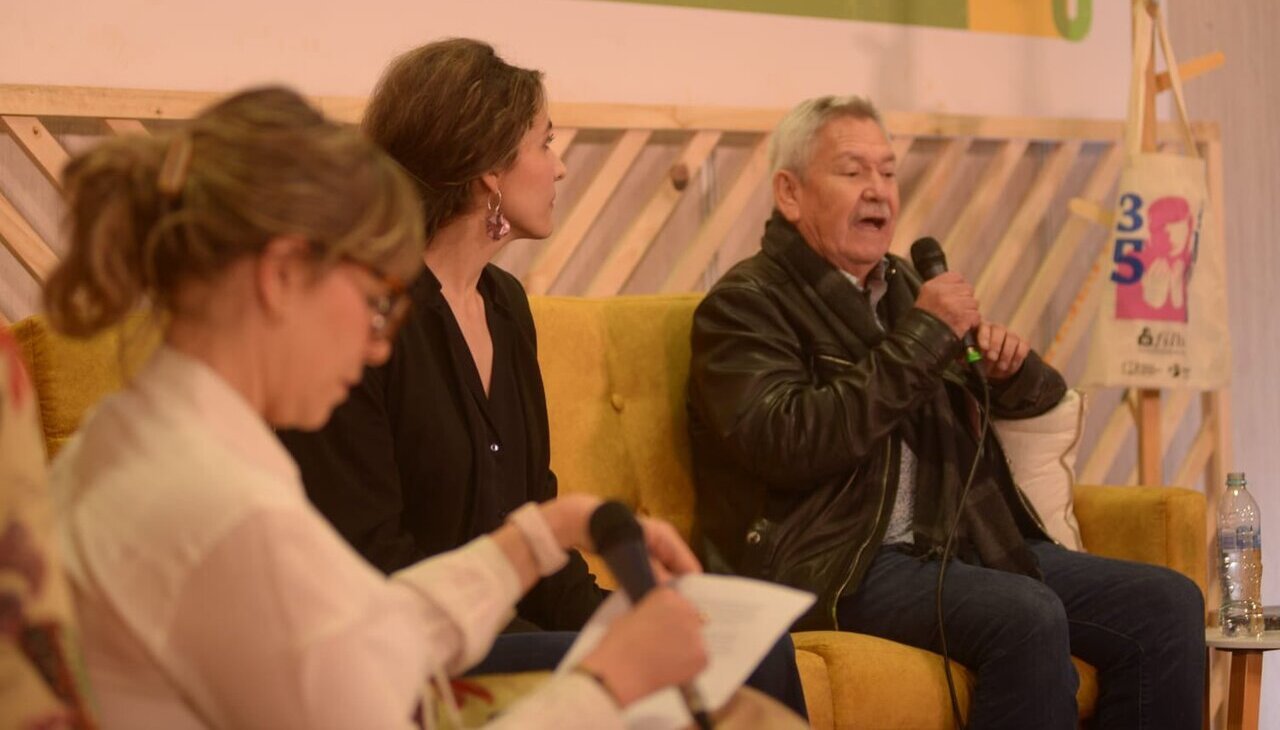

LEAVE A COMMENT:
Join the discussion! Leave a comment.